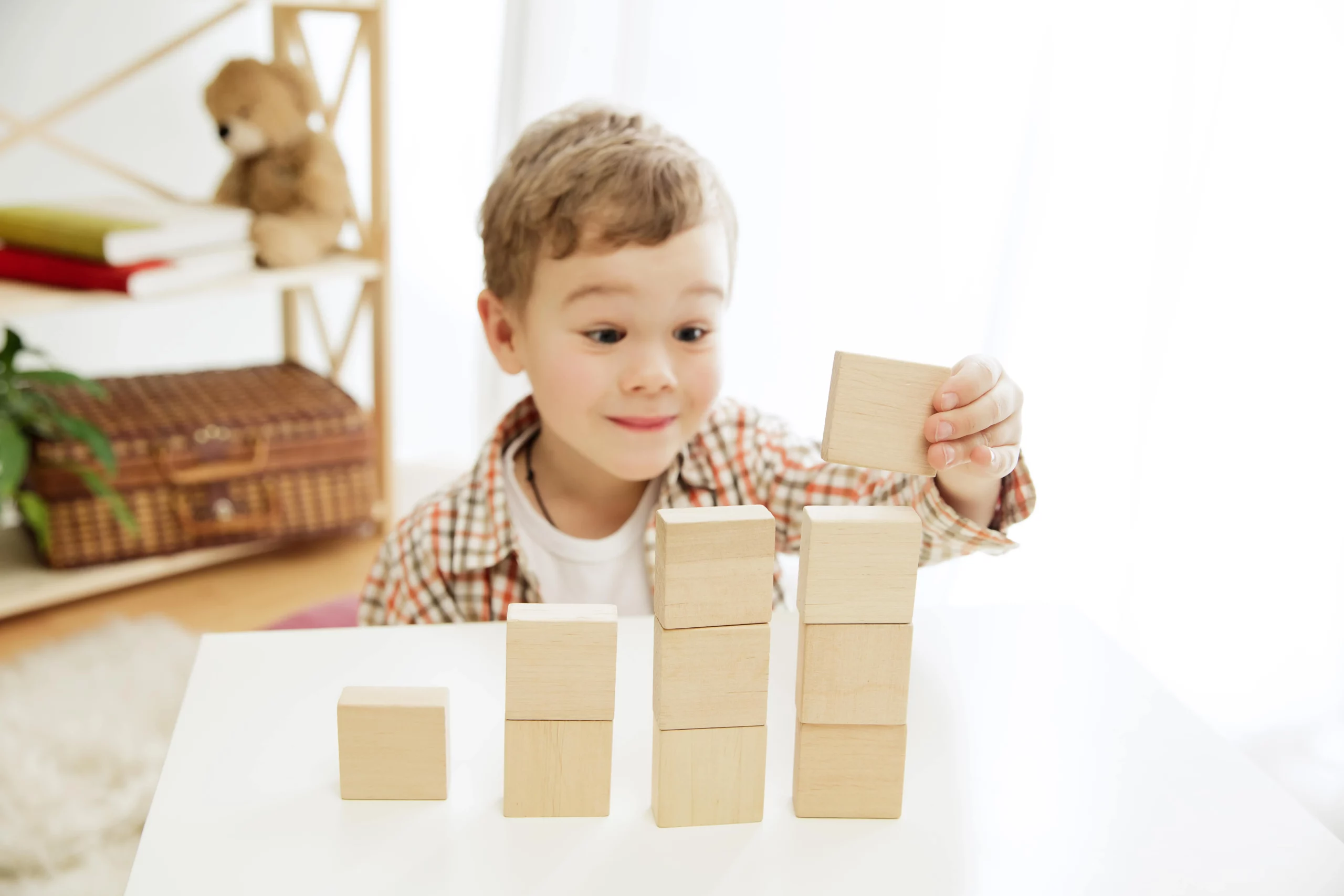
Developmental milestones are key achievements or abilities that individuals typically reach during their developmental stages. They represent important markers of growth and progress in various areas of human development, including physical, cognitive, language, social, and emotional skills. Understanding and monitoring developmental milestones is crucial for parents, caregivers, educators, and healthcare professionals in supporting healthy development in children.
What are Developmental Milestones?
Developmental milestones are age group-specific skills or behaviors that indicate a child’s growth and progress. They serve as a general guide for what most children can do at a certain age range. These milestones encompass a wide range of abilities and include various aspects of development such as movement, thinking, communication, and social interaction.
Importance of Developmental Milestones
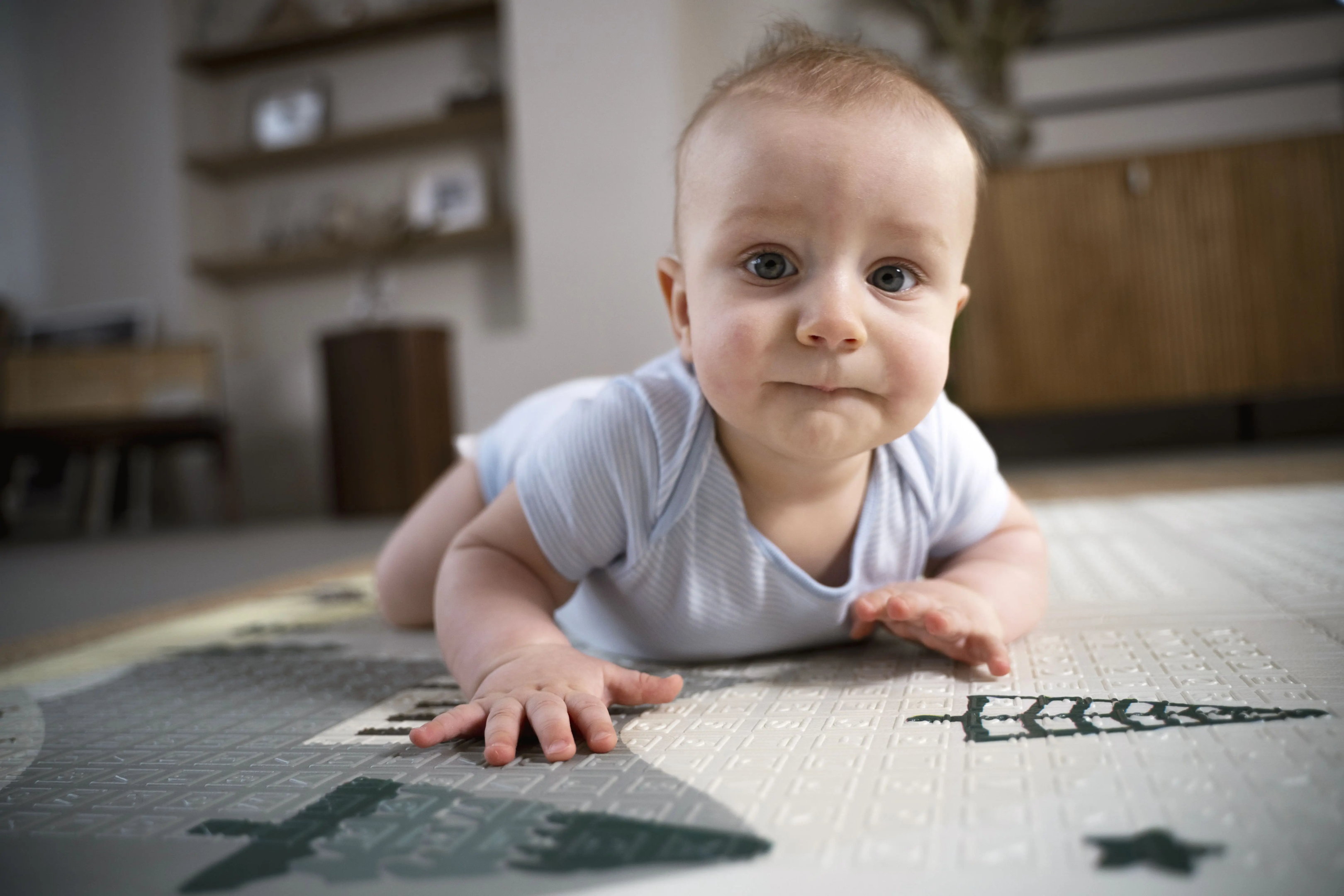
Developmental milestones play a vital role in assessing a child’s overall development. They help identify potential delays or difficulties early on in child development, allowing for timely interventions and support. By understanding the typical sequence of milestones and developmental delay, parents and caregivers can better track their child’s progress, celebrate achievements, and address any concerns promptly.
Types of Developmental Milestones
Gross Motor Skills
Gross motor skills involve the coordination and control of large muscle groups and are crucial for physical development. These skills include activities such as crawling, walking, running, jumping, and throwing. Achieving appropriate gross motor milestones enables children to explore their environment, engage in physical activities, and develop their balance, strength, and coordination.
Fine Motor Skills
Fine motor skills involve the precise control of small muscles, particularly in the hands and fingers. These skills are essential for tasks such as writing, drawing, buttoning clothes, using small objects, using utensils, playing with other children, and tying shoelaces. Developing fine motor skills allows children to engage in various everyday activities, enhance hand-eye coordination, and prepare for more complex tasks like handwriting and manipulating other objects correctly.
Cognitive Skills
Cognitive skills refer to the mental processes involved in learning, problem-solving, and understanding the world around us. They include abilities such as memory, attention, reasoning, and logical thinking. Cognitive milestones encompass important achievements like object permanence, symbolic play, understanding cause and effect, and developing language and numeracy skills.
Language and Communication Skills
Language and communication milestones involve how children develop the acquisition and development of verbal and non-verbal communication skills. These language milestones encompass the ability to make sounds and simple gestures, understand and use words and word sentences, follow instructions, engage in conversations, and interpret non-verbal cues. Language and communication skills are essential for social interaction, learning, and expressing thoughts and emotions.
Social and Emotional Skills
Social and emotional milestones involve the development of self-awareness, emotional regulation, empathy, and the ability to form relationships with familiar people. These milestones include using a social smile, recognizing and responding to emotions, engaging in cooperative play, showing empathy toward others, and developing a sense of identity and self-esteem. Social and emotional skills are crucial for building healthy relationships, managing emotions, and navigating social situations.
The Role of Parents and Caregivers in Supporting Developmental Milestones
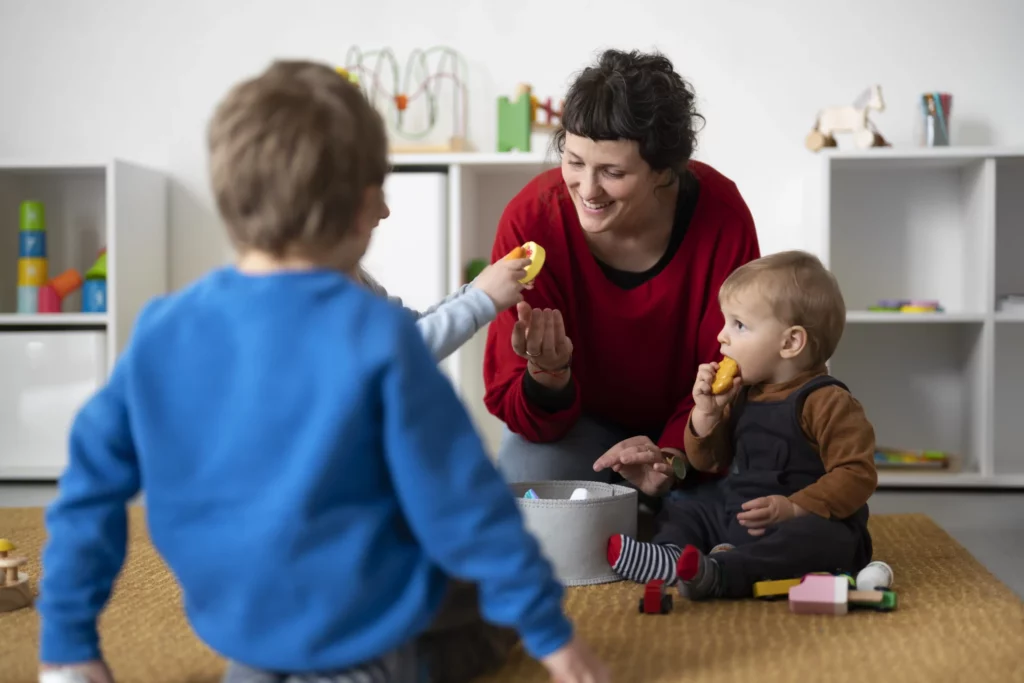
Parents and caregivers play a fundamental role in supporting and promoting their child’s developmental milestones. They provide a nurturing and stimulating environment that encourages exploration, learning, and social interaction. By engaging in responsive and meaningful interactions, parents can enhance their child’s language development, cognitive skills, and social-emotional well-being. Creating a safe and supportive space allows children to freely explore their abilities and develop confidence in their skills.
Monitoring and Tracking Developmental Milestones
Monitoring and tracking developmental milestones involve observing and assessing a child’s progress in various areas of development. Parents and caregivers can use developmental milestone checklists, growth charts, and developmental screenings to monitor their child’s growth and identify any potential delays or concerns. Regular visits to healthcare professionals, such as pediatricians or early childhood specialists, can provide valuable guidance and support in tracking their children’s developmental milestones and addressing developmental needs.
Common Delays in Developmental Milestones
While every child develops at their own pace, some delays in milestones may indicate potential developmental concerns. Common delays can include a delay in reaching motor milestones, speech and language delays, difficulties with social interaction, and challenges in cognitive development. Identifying these delays early on allows for timely interventions and support to help children overcome challenges and reach their full potential.
Early Intervention and Support
Early intervention programs are designed to provide specialized services and support to children with developmental delays or disabilities. These programs aim to enhance a child’s normal development first, minimize the impact of delays, and promote inclusion in various settings. Early intervention may involve therapies, educational programs, and support for both the child and their family. The goal is to provide the necessary tools and resources to support the child’s overall well-being and future success.
Strategies to Enhance Developmental Milestones
Sensory Play
Engaging children in sensory play activities can stimulate their senses and promote overall development. Provide opportunities for them to explore different textures, colors, sounds, and smells. Activities like finger painting, playing with sand or water, and using playdough can enhance their fine motor skills and encourage creativity.
Music and Movement
Incorporating music and movement into daily routines can have a positive impact on a child’s development. Encourage them to dance, clap, or play simple musical instruments. Music stimulates cognitive development, coordination, and self-expression while also fostering a sense of rhythm and promoting language skills through songs and rhymes.
Read Aloud
Reading aloud to children from an early age promotes language development, imagination, and cognitive skills. Choose age-appropriate books with colorful illustrations and engage them by asking questions, discussing the story, and encouraging them to predict what might happen next. Make reading a regular part of your routine to create a love for books and learning.
Outdoor Exploration
Spending time in nature and allowing children to explore the outdoors is essential for their physical, cognitive, and emotional development. Take them to parks, gardens, or nature trails where they can observe plants, animals, and natural phenomena. Encourage physical activities like running, jumping, and climbing, which help develop gross motor skills and spatial awareness.
Puzzles and Games
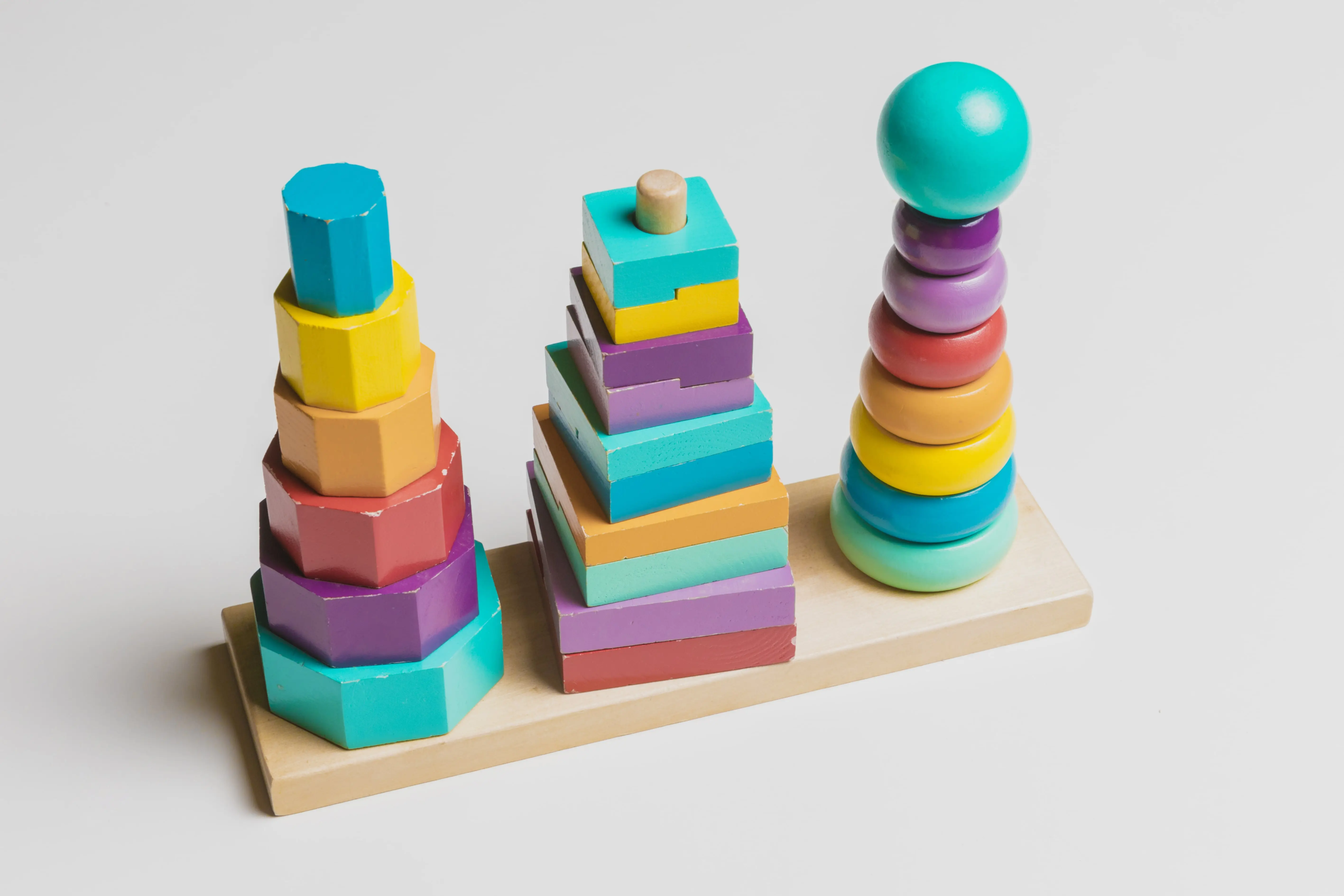
Engaging children in puzzles, board games, and problem-solving activities enhances their cognitive skills, critical thinking, and concentration. Choose puzzles with varying difficulty levels based on their age and abilities. Games that involve turn-taking and following rules also promote social skills and cooperation.
Role Play and Pretend Play
Encourage imaginative play by providing props, costumes, and a dedicated space for children to engage in role-play. Pretend play allows them to explore different social roles, develop language and communication skills, and foster creativity. Join in their play and provide opportunities for them to take on different roles, such as pretending to be a doctor, chef, or teacher.
Building and Construction Toys
Toys like building blocks, Legos, and magnetic tiles enhance problem-solving abilities, spatial awareness, and fine motor skills. Children can experiment with building structures, patterns, and shapes, fostering creativity and logical thinking. Encourage open-ended play and allow them to explore their ideas and designs.
Social Interaction and Playdates
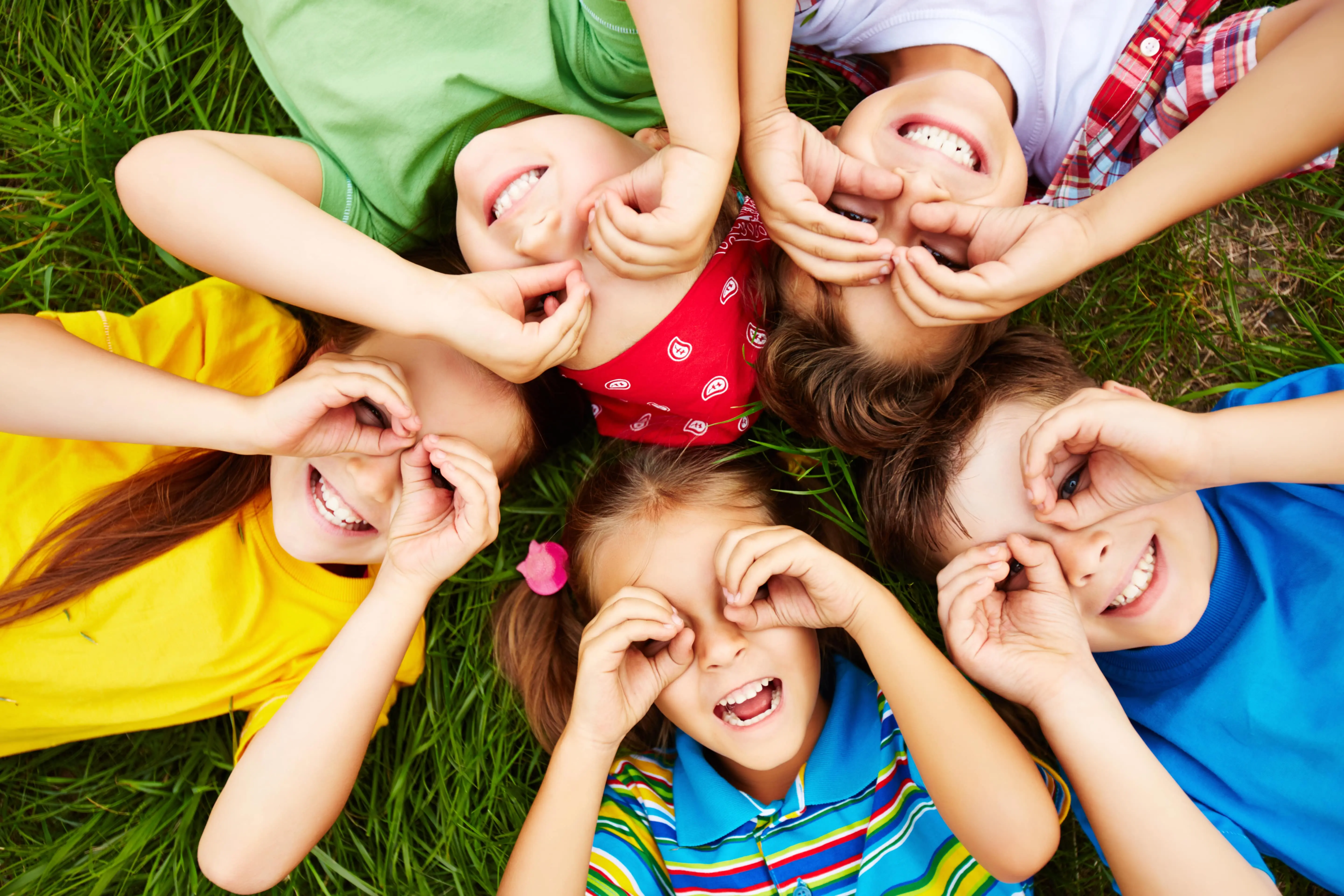
Providing opportunities for children to interact with peers through playdates, playgroups, or structured activities promotes social skills, empathy, and cooperation. Engaging in group activities allows them to learn how to take turns, share, and resolve conflicts, contributing to their emotional and social development.
Healthy Nutrition
Proper nutrition plays a crucial role in supporting overall development. Provide a balanced diet rich in fruits, vegetables, whole grains, and protein sources. Encourage children to participate in meal preparation and teach them about healthy food choices. Good nutrition supports brain development, energy levels, and overall well-being.
Limit Screen Time
While technology can have educational benefits, it’s important to set limits on screen time for young children. Excessive screen time can interfere with active play, social interactions, and the development of fine motor skills. Encourage alternative activities that involve hands-on exploration, creativity, and physical movement.
By incorporating these strategies into their children plays daily routines, parents and caregivers can create a nurturing environment that promotes holistic child development and enhances developmental milestones in children.
Remember, each child is unique, and it’s essential to observe their interests, abilities, and preferences to tailor activities that align with their individual developmental needs.
Cultural and Individual Differences in Developmental Milestones
It’s important to recognize that developmental milestones can vary across cultures and among individuals. While there are general expectations for each age group and range, children may reach milestones at different rates or display unique strengths and preferences. Cultural practices, values, and environmental factors can influence the pace and focus of a child’s development. It’s crucial to consider these differences and embrace the diversity of developmental pathways.
Challenges and Barriers to Developmental Milestones
Various challenges and barriers can impact the attainment of developmental milestones. These may include socioeconomic factors, limited access to resources and services, environmental toxins, inadequate nutrition, and lack of quality early childhood education. Identifying and addressing these challenges is essential to ensure equitable opportunities for all children to reach their developmental potential.
The Impact of Technology on Developmental Milestones
In today’s digital age, technology has become an integral part of children’s lives. While technology can offer educational benefits and enhance certain skills, excessive screen time and limited real-world experiences can potentially impact developmental milestones. It is important to strike a balance and encourage a holistic approach to learning, incorporating both technology and hands-on activities to support healthy development.
Developmental milestones serve as important indicators of a child’s growth and progress in various areas of development. By understanding and monitoring these milestones, parents, caregivers, and educators can provide the necessary support and interventions to promote optimal development. Celebrating each milestone and embracing individual differences will contribute to fostering a nurturing and inclusive environment for all children.
Ready to support your child’s developmental milestones and ensure a bright future? Explore additional resources in our comprehensive guide and unlock the tools and strategies you need. Get started today to empower your child’s growth and development. Invest in their potential and watch them thrive!
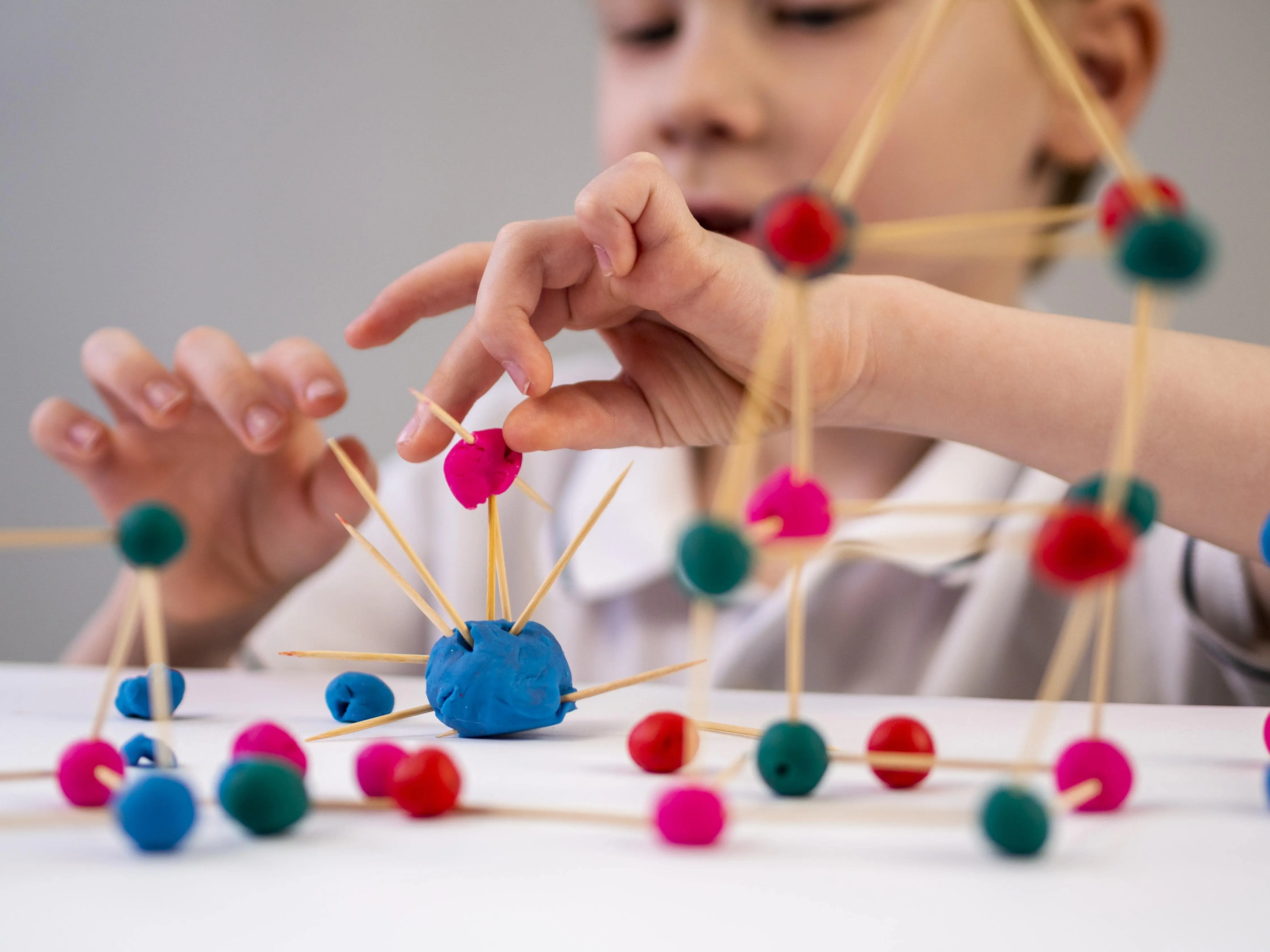


Leave a Reply